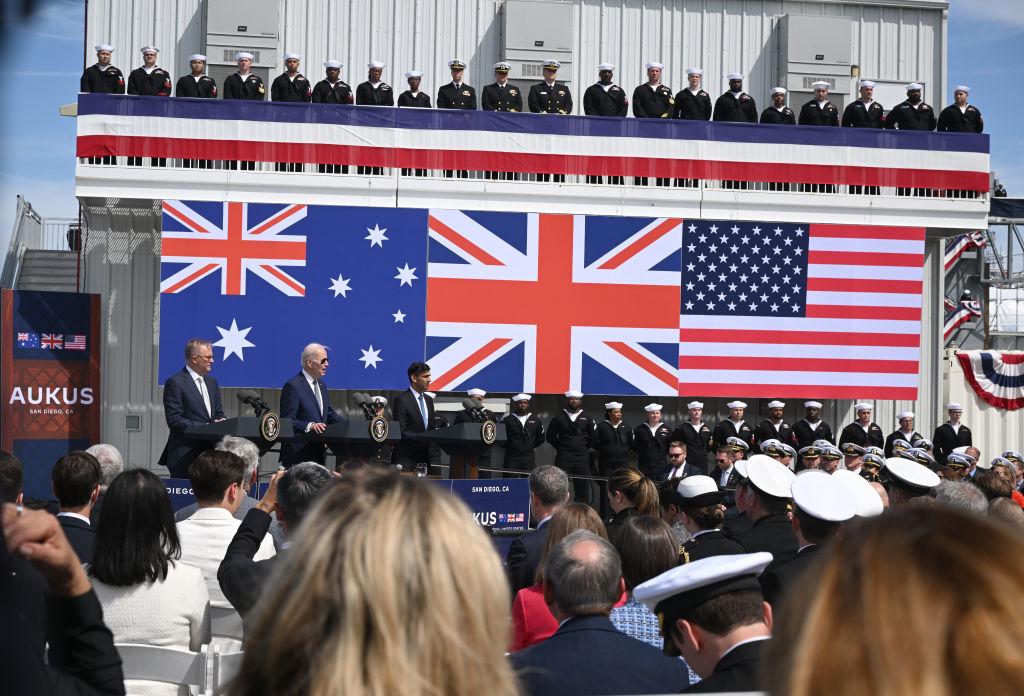Commentary
Selling defence and national security information is a serious matter. From a national security and defence perspective, you can’t get much more serious. Selling it to a less-than-friendly player is to be treated even more seriously.

Selling defence and national security information is a serious matter. From a national security and defence perspective, you can’t get much more serious. Selling it to a less-than-friendly player is to be treated even more seriously.